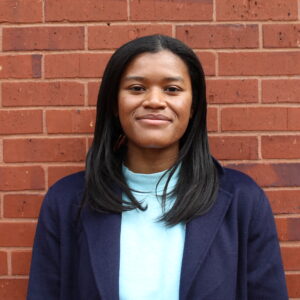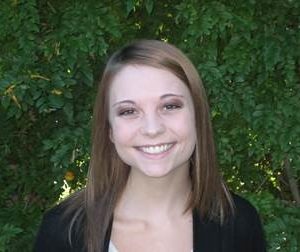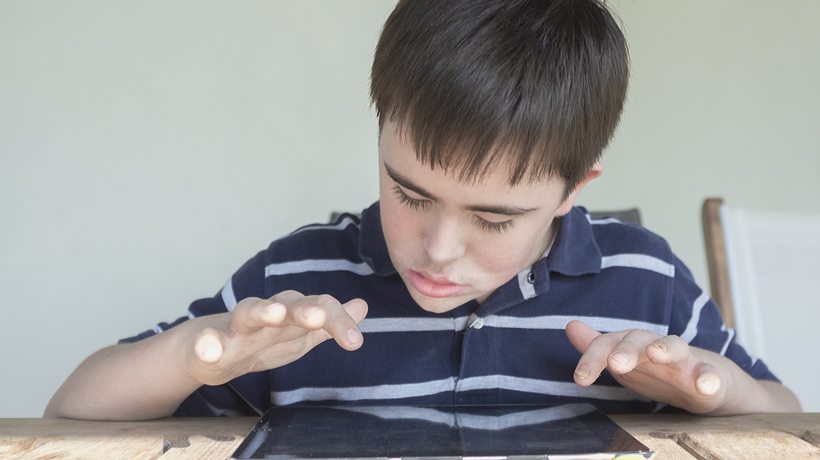A Dad’s Perspective On Special Education
Like many kids on the spectrum, Jacob’s autism coincided with a lot of other impairments – an eating disorder, ADHD, seizures, nonverbal learning disorder, motor skill deficits, and even periodic struggles with mental health. But he’s doing great and is transitioning nicely to adulthood, thanks in part to good special education.
As we look back on his experiences, we realized that some of his bigger struggles in school were not in special education, but in general education. Jacob spent a fair part of his day in regular classrooms, which is a legal requirement, specifically by a law called IDEA. He loved being in with “normal kids” but this too created challenges. For starters, his intellectual disabilities afforded him the opportunity to have “accommodations and modifications” in the way he was tested. These adjustments only leveled the playing field for him and gave him no distinct advantages. But most of his regular teachers didn’t know much about them. So he was tested like everyone else – and he didn’t do so well. Even in the rare instance when Jacob was offered certain accommodations or modifications, he declined them. Why? Well, of course he wanted to be just like the normal kids.
So what makes for great special education? I can only offer my perspectives as a parent, but I certainly have a few thoughts. Here are three:
- Top-down support.
I think it’s awesome when Superintendents take the time to be champions of Special Education. I had the privilege of sitting next to Carla Santorno of Tacoma Public Schools. Not only is she an impressive leader, but she also has an unmistakable passion for special education. Not surprisingly, the district’s program is fantastic. - A well-trained staff.
I believe that being a great teacher is one of the most difficult jobs – especially in that there is so much you have to know. Special education then adds layers of complexity on top of that. But schools with great special education programs are schools that have invested the resources to make sure that their employees, especially teachers and para-educators, are well-trained. After all, nearly EVERY teacher is working with students with disabilities every day. - General ed/special ed partnerships.
When school districts break down the walls and help educators become productive partners, students win. It doesn’t mean you have to move to highly structured co-teaching, but it does mean teachers cooperate, collaborate, and communicate for the betterment of students and their families. Great schools instill this in their cultures.
I read recently that special education is viewed as a “loss leader” for many school districts in the United States, with a high amount of injuries and a lot of lawsuits. It’s also one of the most uncontrollable financial variables in a school’s annual budget. But just as preventative maintenance helps with operations, so do smart investments in training all staff on special education and providing professional development opportunities. Like many facets of life, you can pay a little now (and build a great culture in the process) or spend a lot more money later in remediation and damage control.









